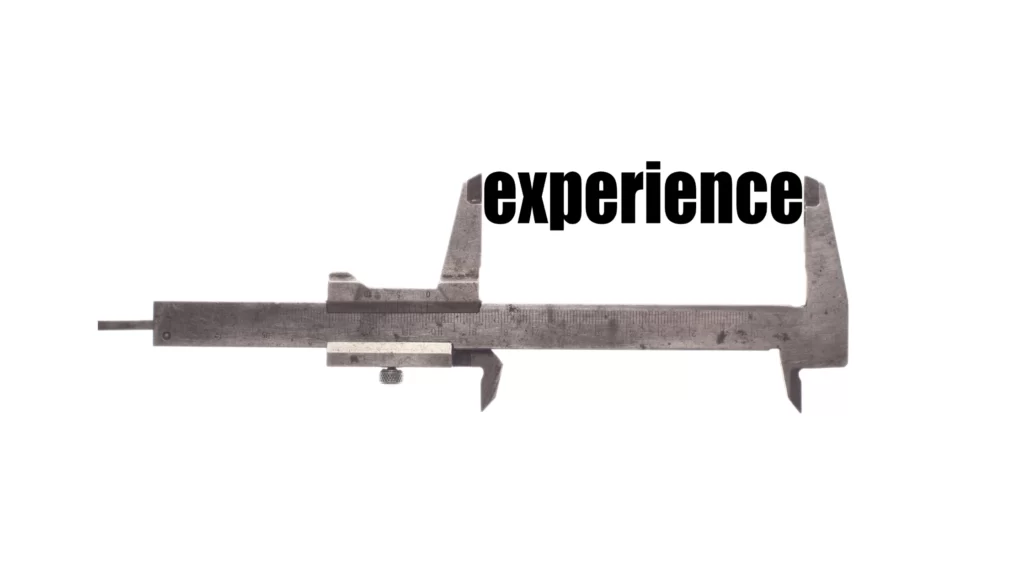Understanding two types of recruitment before applying to the position is very important. One of the major factors that affect your job when you apply for a business is whether the position has been around for a long time or just arose recently.
This factor not only defines clearly what you need to do, will do, the nature of your work. It can also be used to determine if you are really suitable for the job or not.
In the mainstream recruitment forms of enterprises, there will be two main types: replacement recruitment and reinforcement recruitment.
Replacement recruitment
To make it easier to imagine, when your company has a person who is working but resigns for some reason, you are recruited to work in the position of the person who is about to leave. That is alternative recruitment.
The goal is to fill vacancies, and often replacement needs are difficult to plan for. Rarely does anyone dare to boldly share their wish that they will quit their job at the company one day soon if they are not sure that there is another better opportunity?
Reinforcement recruitment
Reinforcement recruitment is of a different nature. That’s when a department has just created a new position, and the company needs to add more human resources to implement new goals and new functions. Since intensive recruitment can be planned in advance according to annual HR plans, most businesses take the initiative in this form of recruitment.
Two types of recruitment characteristics
Recruitment standards
When replacement recruitment, the pressure placed on businesses and employers is quite large. This pressure is even greater when the job position needs to find someone with very high professional requirements and qualifications and a lot of experience (positions that are in short supply in the labor market). The higher the number of people performing the task, the more urgent the recruitment becomes.
And in a short time, if all recruitment methods such as using internal sources, using headhunter services, .. are unable to meet the quality requirements, lowering recruitment standards will be a solution. Feasibility. Therefore, if the job positions are replacement or urgent recruitment, the requirements will be slightly lower than usual.
On the contrary, job vacancies increase, need new knowledge, new capabilities, and a rather long time to prepare. Therefore, in general, the standards set are relatively high compared to the ground and really need proactive, positive, energetic, and risk-free personnel to take on.
Work content
In terms of work content, when you come to work to replace someone who has left, you will automatically receive the previous handovers and processes and forms from them. Trying to adapt quickly and follow the established process is a prerequisite before you become proficient with the work to be able to suggest improvements and other complete solutions.
So you’ll get the knowledge and foundation you’ve built from your predecessors, and the choice to continue building or rebuilding is up to you and the organization.
Different from the positions of intensive employment. You will have to build from the ground up, planning everything you do and creating work standards, criteria, and ways of doing things. There will be no inheritance, and if you have a wealth of experience and love to start over, take advantage of that opportunity.
How to know the types of recruitment
To find out which positions are hiring reinforcements and which are replacements, try searching the company’s hiring history and company newsletters.
If a position has never been advertised for, it’s highly likely to be reinforcement recruitment. In contrast to urgent recruitment, job positions that have been posted more than once, etc., businesses are likely looking for an employee with an alternative solution.





